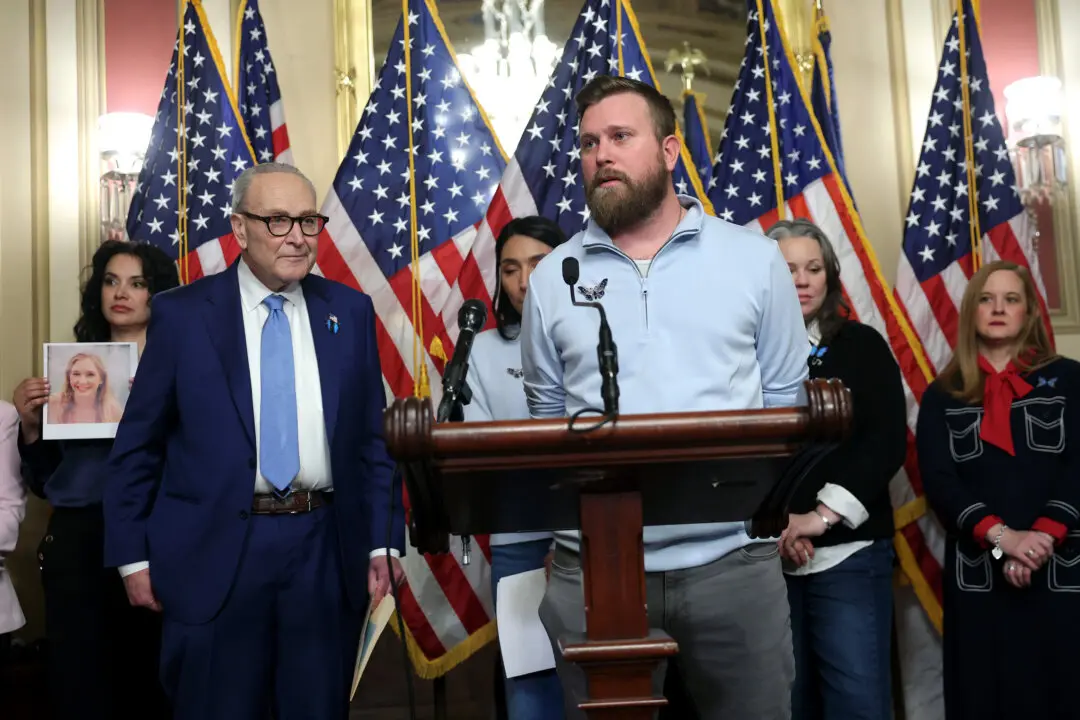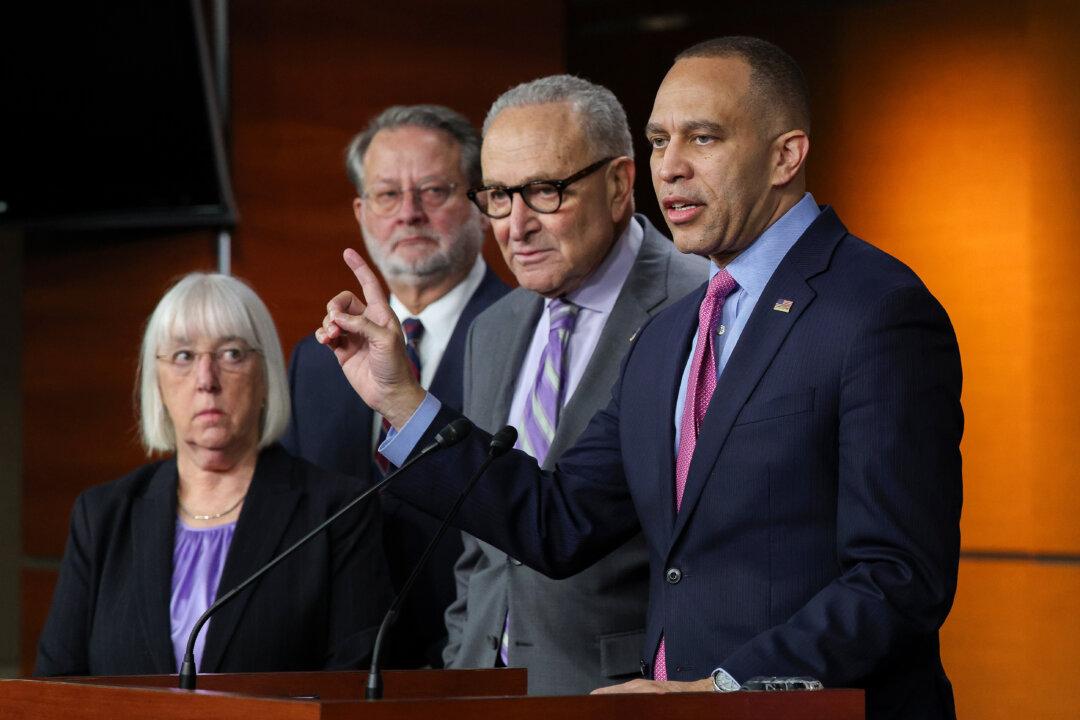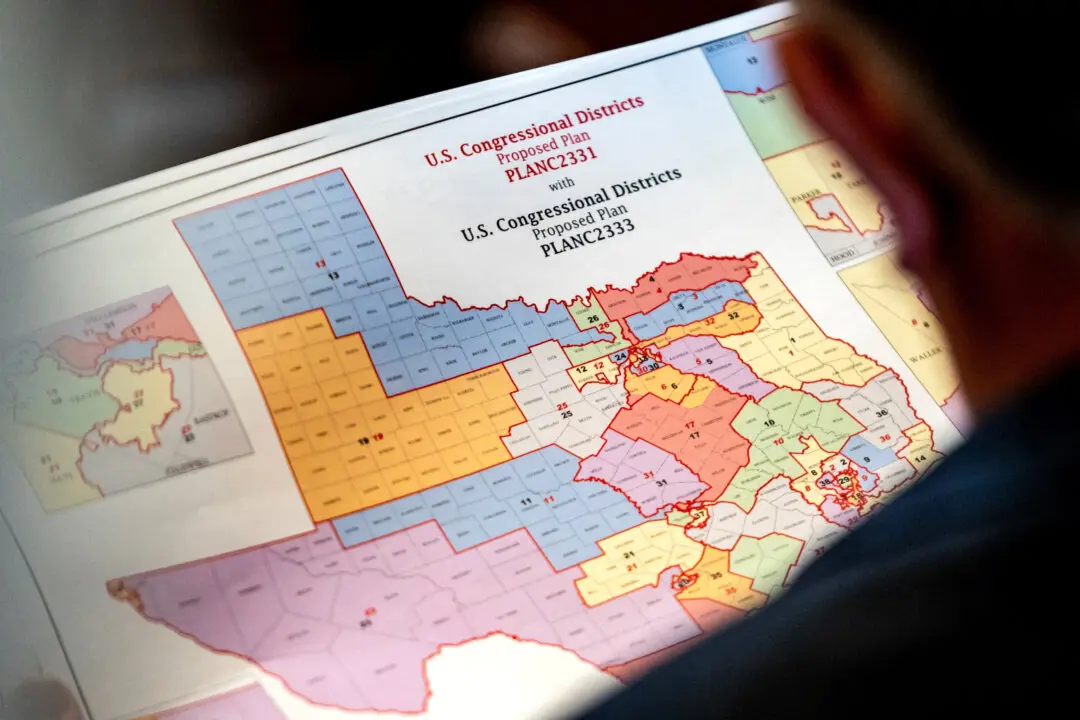A coalition of seven states has filed a groundbreaking antitrust lawsuit against the National Collegiate Athletic Association (NCAA).
Attorney Generals from Colorado, Illinois, New York, North Carolina, Ohio, Tennessee, and West Virginia filed the suit in West Virginia’s North District this week, challenging the NCAA’s authority to enforce a one-year delay in eligibility for athletes transferring between schools as a violation of the Sherman Act.




